|
|
|
|
Kia ora koutou katoa and welcome to your newsletter.
It’s a perennial anxiety — the annual reporting of New Zealand’s apparent decline in global student assessment rankings. As education professor Gavin Brown points out in his excellent analysis, it’s often treated as a new phenomenon demanding urgent solutions. But the truth is rather more complex, and goes to the heart of not only education policy, but all social and economic planning.
It would be relatively simple and cost-effective, Brown argues, to apply the kinds of testing regimes that have seen East Asian countries do so well in comparative surveys. The problem is, there are known mental health and other risks associated with pressure-cooker schooling. The alternative, treating educational achievement as part of a matrix of socio-economic measures, is perhaps best exemplified by Finland. Of course, it’s a lot more expensive.
As ever, it’s all about the choices we make.
There is plenty more to read here and on our homepage. Thank you for your ongoing readership and support. Until next time, mā te wā and all the best.
|
Finlay Macdonald
New Zealand Senior Editor & NZ Editor: Politics, Business + Arts
|

|
|
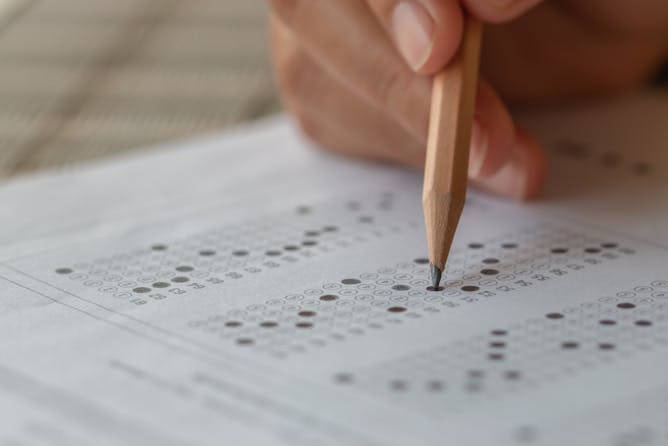
www.shutterstock.com
Gavin Brown, University of Auckland
Training New Zealand students to be better at tests would probably improve their performance. But, as Finland has shown, there are better (if more expensive) alternatives.
|
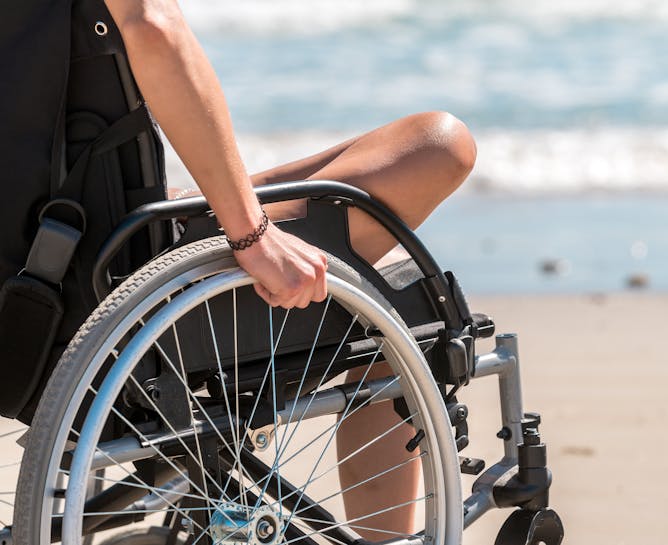
Shutterstock/myphotobank
Claire Breen, University of Waikato
A trip to the beach is off limits for some people with a disability. We need to change that, and the law supports it.
|

AAP Image/David White
Michael Plank, University of Canterbury; Shaun Hendy, University of Auckland
A new study argues for selective border relaxations. But with COVID-19 more prevalent now than at almost any point in the past, the risk would be substantial.
|
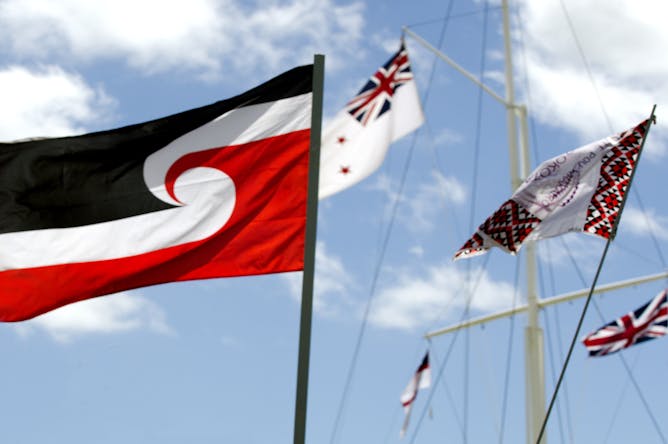
www.shutterstock.com
Dominic O'Sullivan, Charles Sturt University
The struggle to establish Māori wards centres on the rights and privileges of citizenship promised in the Treaty of Waitangi.
|
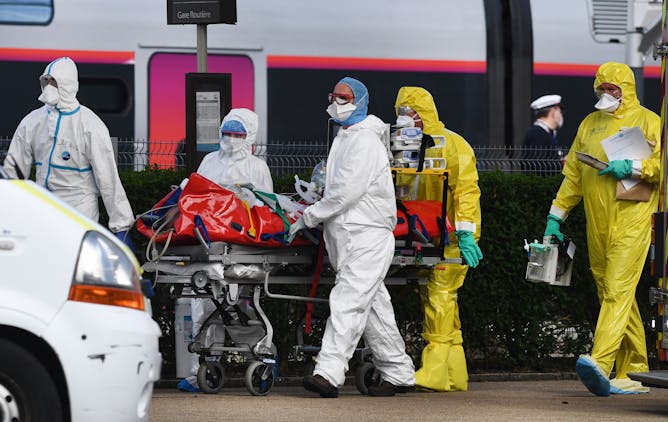
GettyImages
Nick Wilson, University of Otago
Interim findings from the Independent Panel for Pandemic Preparedness and Response paint a bleak picture of global failure. If things don't improve, a future pandemic could be truly catastrophic.
|
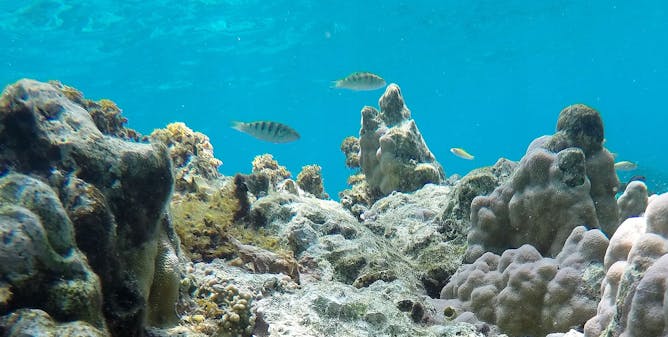
Jeffrey Shima
Jeffrey Shima, Te Herenga Waka — Victoria University of Wellington; Craig W. Osenberg, University of Georgia; Stephen Swearer, University of Melbourne; Suzanne Alonzo, University of California, Santa Cruz
Young fish need to find food to grow, but avoid being eaten themselves. That dance for survival is linked to moonlight, which has implications for fisheries management everywhere.
|
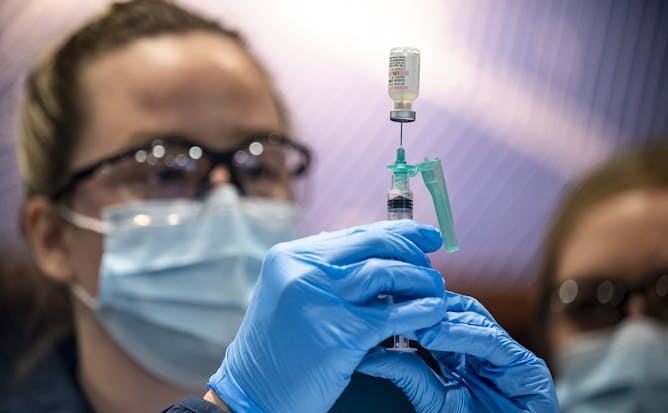
Billie Weiss/Boston Red Sox/Getty Images
David Murdoch, University of Otago
The approval of the first of four COVID-19 vaccines marks the first step in New Zealand's plans for a Pacific-wide immunisation rollout.
|

www.shutterstock.com
Wayne Hope, Auckland University of Technology
Schools are back, but NCEA level 1 media studies soon won't be — at a time when media literacy is more vital than ever.
|
From our foreign editions
|
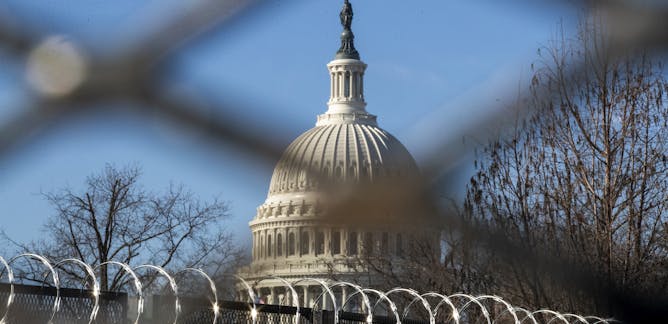
Laura Ellyn Smith, University of Oxford
The rules of impeachment in the US Constitution are vague, but here's how the trial of Donald Trump in the US Senate will work.
| |

Humphrey Southall, University of Portsmouth
Once the pandemic is over, London's gravitational pull is likely to come back into play.
|

Sarah Seraj, The University of Texas at Austin College of Liberal Arts; James W. Pennebaker, The University of Texas at Austin College of Liberal Arts; Kate G. Blackburn, The University of Texas at Austin College of Liberal Arts
Psycholinguistic researchers analyzed more than 1 million Reddit posts a year before and a year after users posted about their breakup.
| |
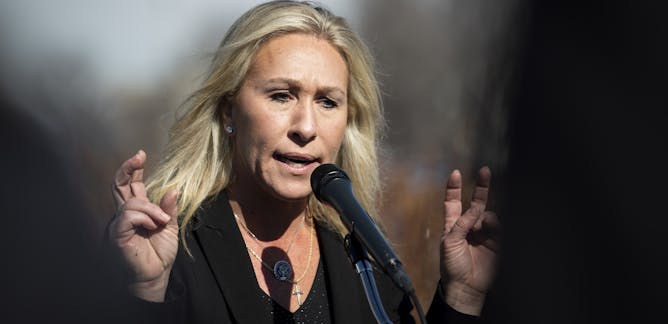
Edwin Battistella, Southern Oregon University
US Rep. Marjorie Taylor Greene of Georgia may have expressed regrets over controversial comments and social media postings. But not to the public, and not in a way that would mitigate harm.
|

Charles Livingstone, Monash University
Crown's Melbourne and Perth casinos are in the firing line.
| |
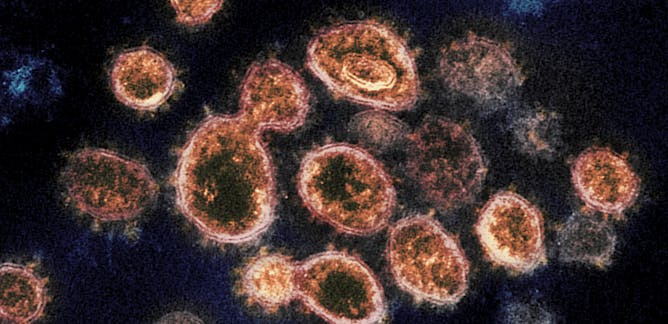
Kirsty Short, The University of Queensland
These variants are definitely cause for concern. But there's every indication we can adapt our vaccine strategy to combat these and other variants going forward.
|
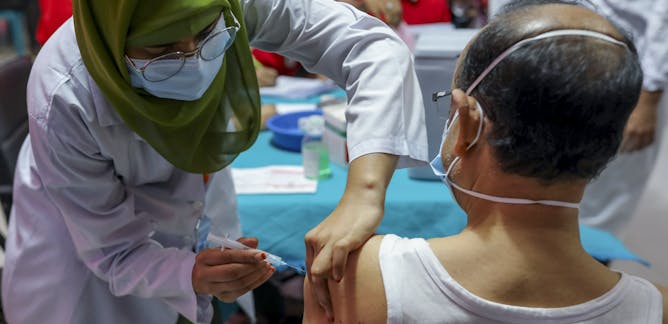
Keymanthri Moodley, Stellenbosch University; Theresa Rossouw, University of Pretoria
Negotiating for the fair treatment of study participants and benefit sharing before a study commences does not constitute an unfair inducement. It is an ethical imperative.
| |

Candyce Kelshall, University of Buckingham
The Proud Boys have been designated a terrorist organization in Canada. But without addressing the means of organizing, this designation won't put a stop to right-wing extremism.
|
|
|
| |
| |
| |
| |
| |
| |
|
|
|
|
|
|
|